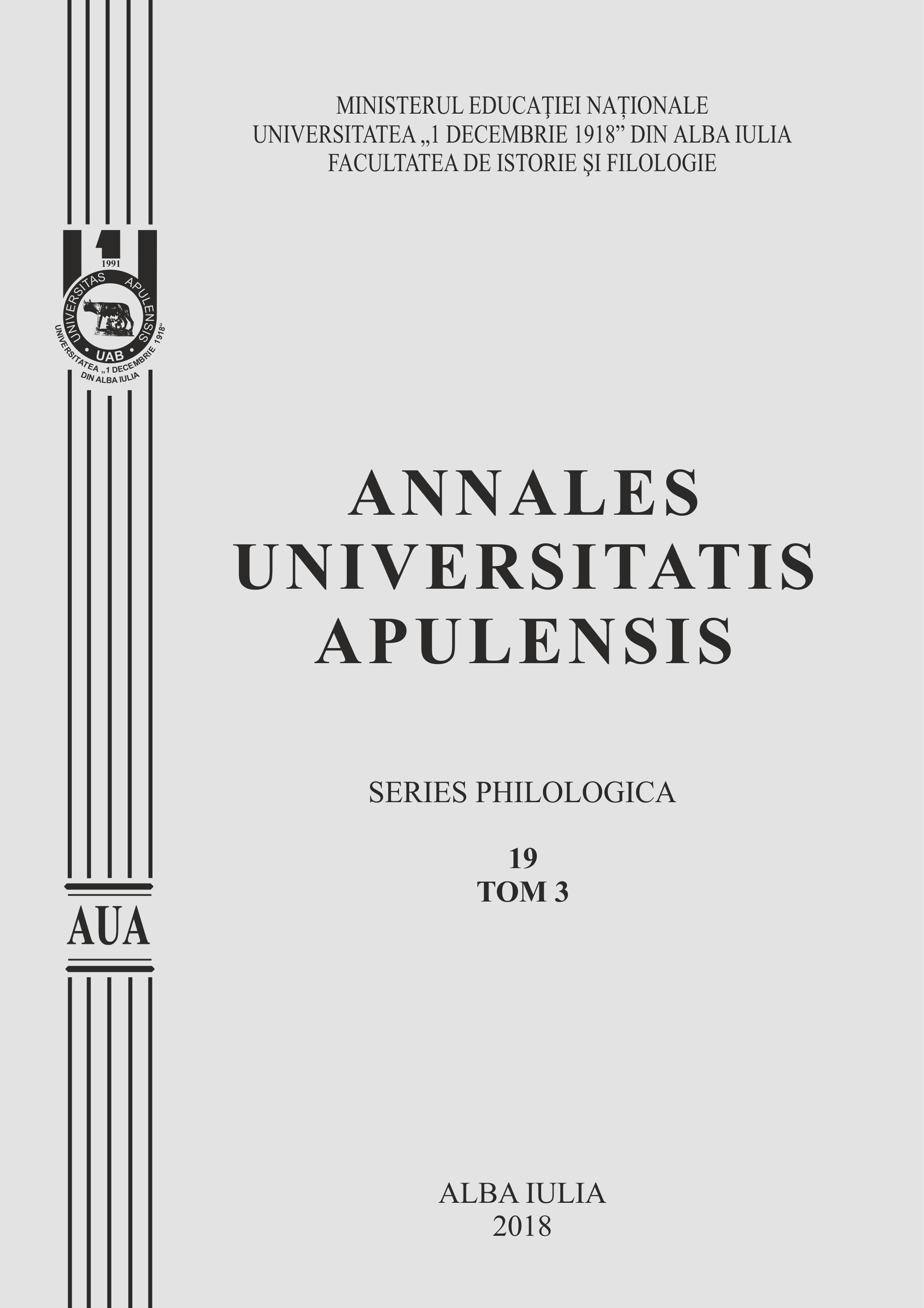THE ROLE OF FEEDBACK IN THE PEDAGOGICAL INTERACTION: A SOCIAL-CULTURAL VIEW
THE ROLE OF FEEDBACK IN THE PEDAGOGICAL INTERACTION: A SOCIAL-CULTURAL VIEW
Author(s): Alexandra JacobsenSubject(s): Language and Literature Studies, Foreign languages learning, Translation Studies
Published by: Universitatea »1 Decembrie 1918« Alba Iulia
Keywords: dialogic teaching; co-constructed discourse; contingency; scaffolded interaction; interactional feedback;
Summary/Abstract: By adopting a social-cultural perspective to language and language learning, this paper aims to examine the role played by the so-called “interactional feedback” (Lyster& Mori 2006) in the pedagogical interaction observed in classes of Danish taught as a second language to adult learners. To this end the theoretical framework of this paper is integrating Hammond&Gibbons’s (2005) concept of “scaffolded interaction” and van Lier’s (1996) “contingent classroom talk” with Lyster&Ranta (1997) and Lyster& Mori (2006) models of feedback in teacher-learner interaction. The analysis leads to the conclusion that the feedback strategies employed in the teacher-learner interaction observed, as well as the interactional patterns within which they occur indicate a dynamic, dialogic learning environment in which feedback is co-constructed by teacher and learners.
Journal: Annales Universitatis Apulensis. Series Philologica
- Issue Year: 19/2018
- Issue No: 3
- Page Range: 233-246
- Page Count: 14
- Language: English

